Japan's regulatory landscape for mobile platforms is shifting fast, and Apple may find the terrain rougher than Europe. The Act on Promotion of Competition for Specified Smartphone Software taking full effect by December 2025 is one of the most comprehensive frameworks aimed at mobile ecosystems to date. The kicker, Japan is becoming the 29th country to require third-party iPhone app stores, a sign that pressure is spreading well beyond the European Union’s early push.
The timing matters. While regulatory actions in China already risk over $70 billion in annual revenue from in-app purchases and gaming, Japan adds a new layer of complexity. Its framework looks designed to head off the workarounds and compliance tactics that let Apple keep tight ecosystem control in other regions.
Japan's comprehensive approach to mobile competition
Japan’s requirements are unusually precise. The Japan Fair Trade Commission has published guidelines requiring companies like Apple to allow third-party payment systems and alternative app stores within their mobile ecosystems. And they go deeper than a yes or no.
Accountability is baked in. Designated providers must disclose conditions for data acquisition/use and submit annual compliance reports. Add to that, explicit rules to stop tech giants from prioritizing their own services in search results without justifiable reason.
There is history behind this. The legislation originated from a Competition Assessment of the Mobile Ecosystem conducted by Japan's Digital Market Competition Council, so regulators could study what worked elsewhere and where it fell short. The result, a framework built to close the gaps that let Apple comply on paper while keeping practical control.
Breaking down the technical requirements
Zoom in on browsers. Japanese regulators have mandated that alternative browser engines receive functionally equivalent access to operating system features that Safari currently enjoys. Not just permission to exist, permission to compete.
The text is sharp on tactics. It blocks Apple from imposing unreasonable technical restrictions, excessive financial burdens on app developers, or steering users away from alternative browsers. It also targets the exact loopholes Apple navigated in its response to the European Union's Digital Markets Act.
And it does not stop at browsers. Functionally equivalent access affects core ecosystem design, meaning Apple cannot build quiet barriers that make rival services feel slower, less capable, or awkward to use.
PRO TIP: If you build for iOS, Japan’s focus on functionally equivalent access could pry open long-stuck doors, especially for browser makers and payment providers that hit hard limits in the past.
Financial stakes and enforcement mechanisms
Now the money. Violators of the law could face fines up to 20% of domestic revenue, increasing to 30% for repeat violations. For Apple’s footprint in Japan, that is real exposure.
Enforcement has teeth. The Japanese Fair Trade Commission has established a new section primarily responsible for policing large tech firms and tripling the number of part-time IT experts from the private sector to around 60. In short, more specialists, more scrutiny.
The bottom line, Japan paired strong penalties with technical know-how. Instead of trusting self-reporting, it staffed up to check whether implementations create real competition, not just checkbox compliance.
Market response and industry implications
Developers are already making moves. Epic Games has announced plans to bring Fortnite and its game store platform to iOS in Japan by late 2025, an early bet that the new rules will produce viable alternatives to the App Store.
Apple’s tone is cautious, not combative. Apple has expressed concerns about how the law affects the secure and private iPhone experience while continuing discussions with Japan's Fair Trade Commission during the implementation period. That reads like a search for workable compliance, not a frontal challenge.
The policy logic is clear enough. Japan's government believes that Apple and Google constitute a duopoly, charging developers high fees that are ultimately passed on to users. If third-party stores can compete on equal technical footing and payments are no longer boxed in, new distribution and monetization models become possible.
What this means for the global Apple ecosystem
Japan’s playbook could travel. Japan has been evaluating competition policy in digital markets for more than five years, which helps explain the level of detail in its rules.
The theme, precision over platitudes. Instead of broad mandates, Japan set concrete requirements aimed at outcomes, like functionally equivalent access and bans on unreasonable technical limits. That signals a regulator that understands how mobile ecosystems operate, where friction hides, and how control is maintained.
For Apple, the task is juggling integrity of the ecosystem with different rule sets across major markets. One fix may satisfy Europe, another Japan, and a third might be needed elsewhere.
One more shift to watch, the era of regulatory arbitrage, where companies met the letter of the law while preserving market power, may be closing. If more countries adopt similarly detailed frameworks, structural changes to Apple’s architecture could become the path of least resistance.
The next eighteen months will be crucial as Apple rolls out its changes while guarding the user experience and security that define the brand. How well it threads that needle could shape the next phase of mobile computing worldwide.




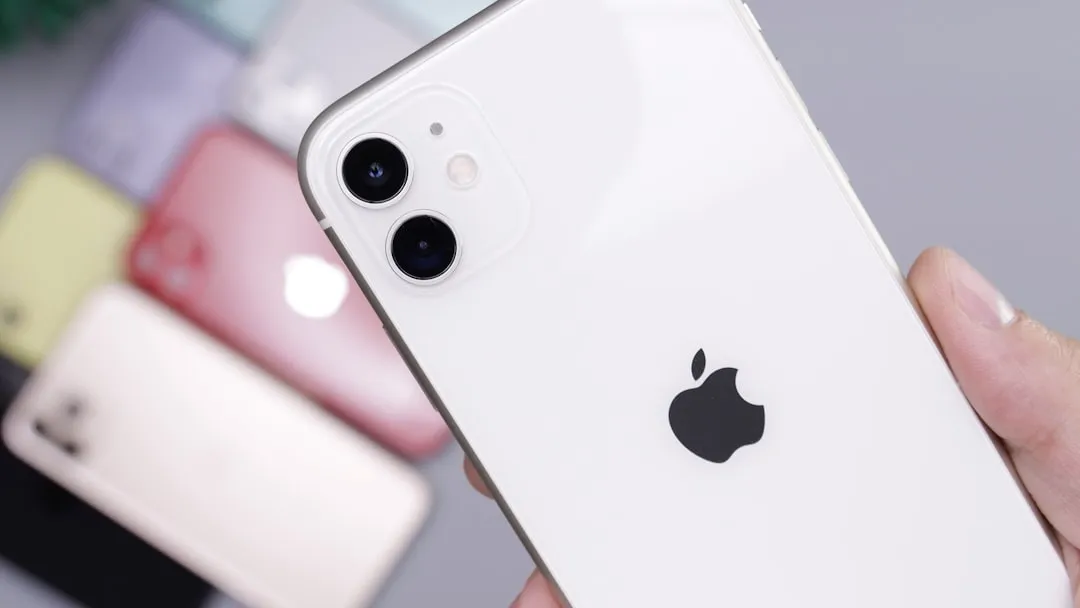
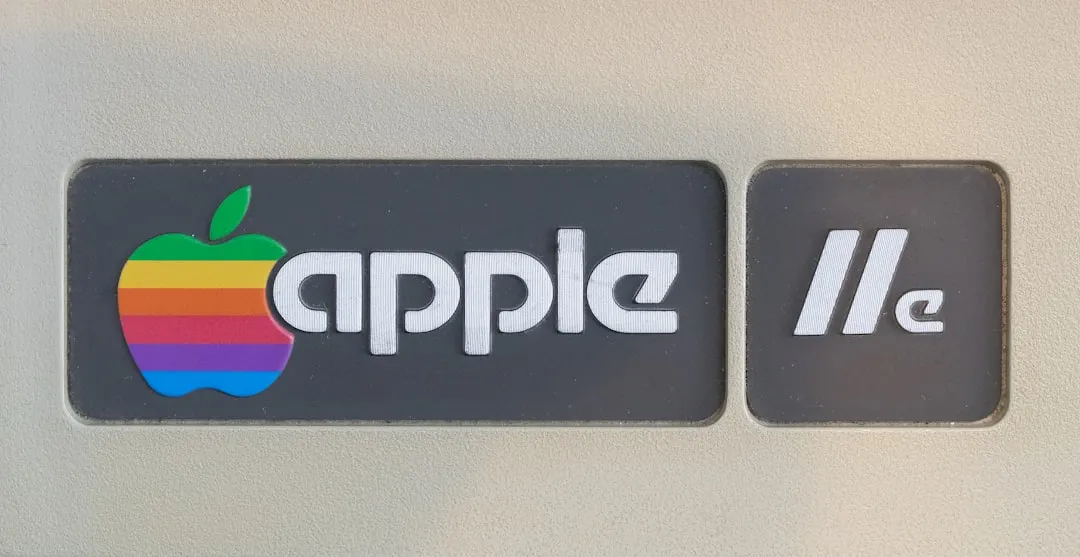
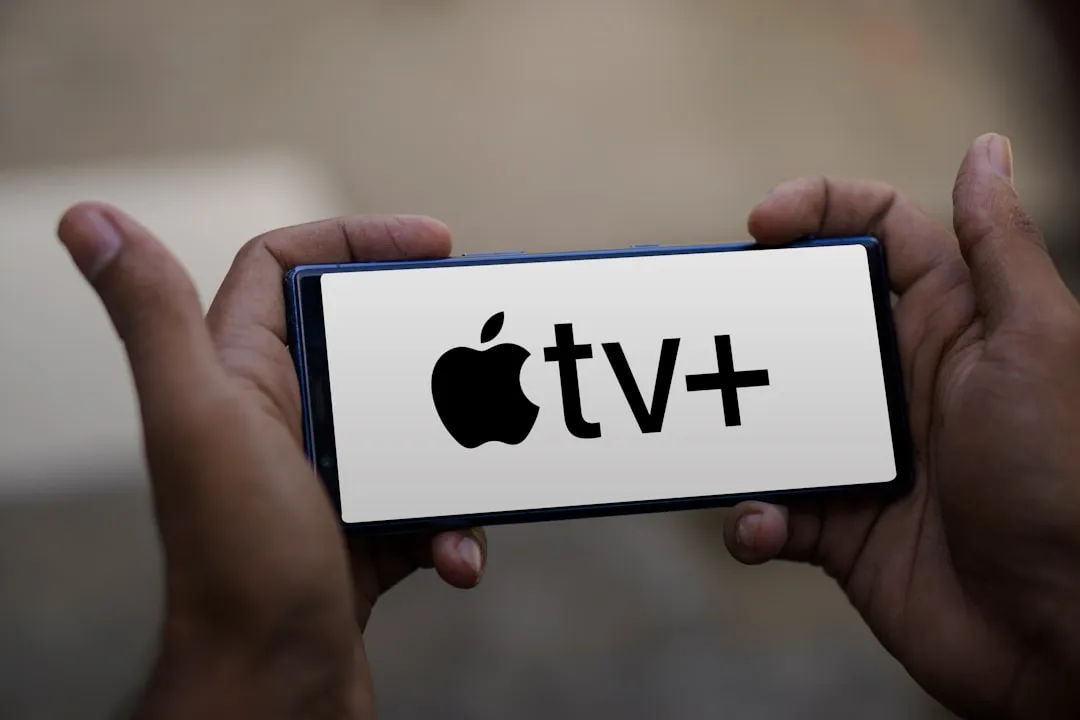
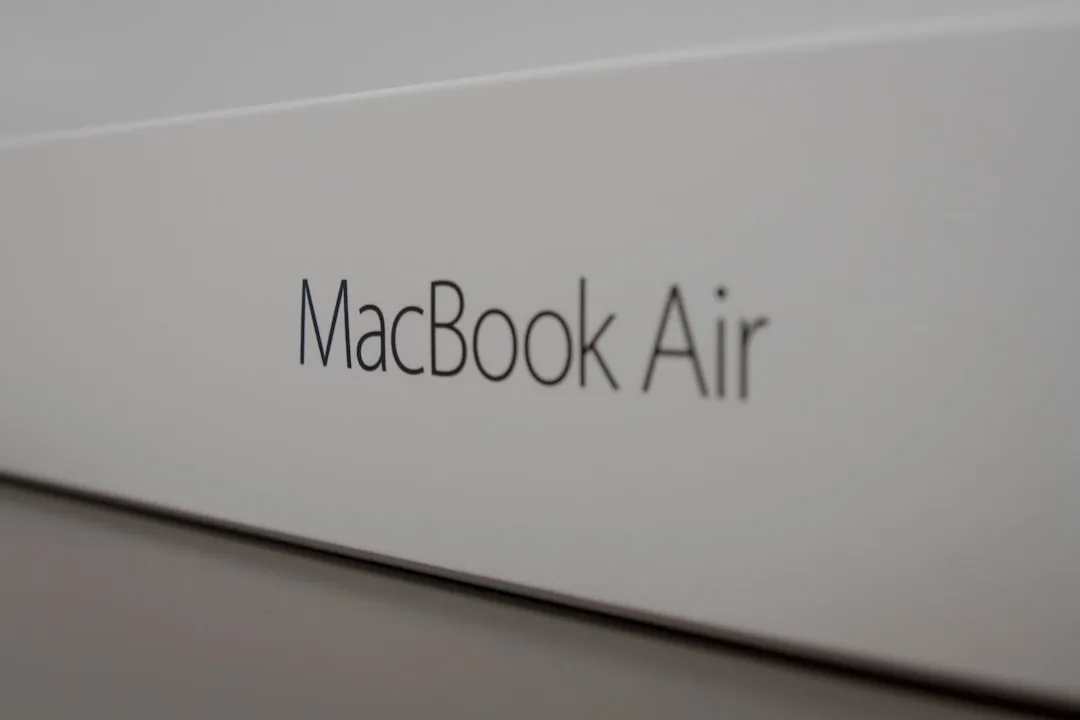

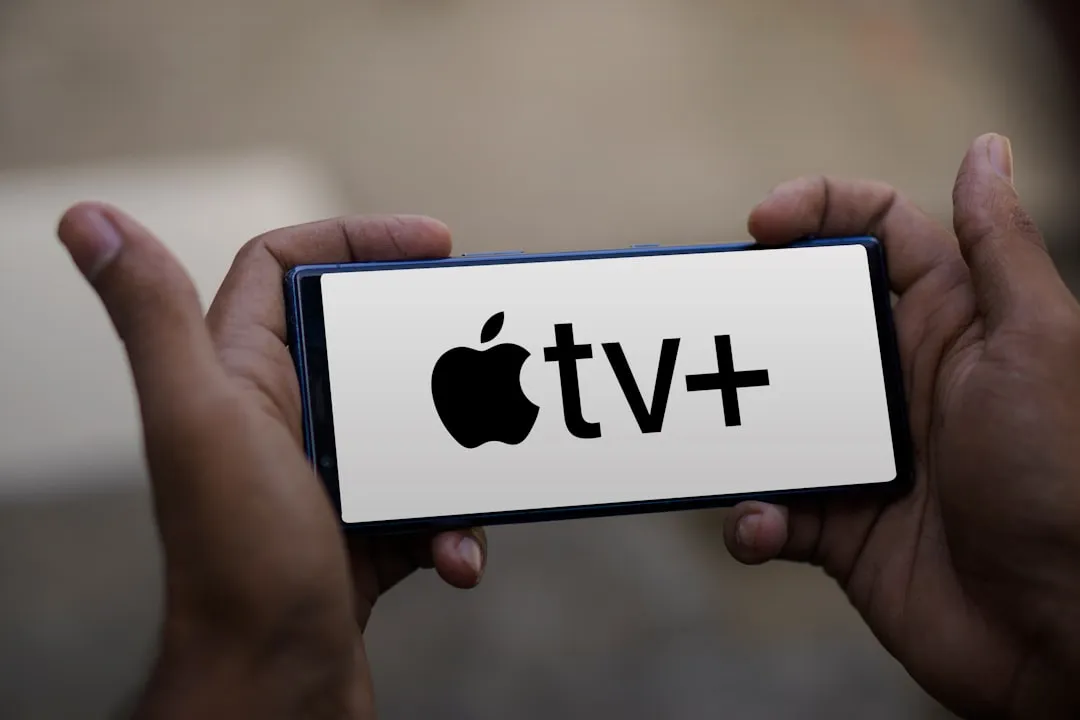

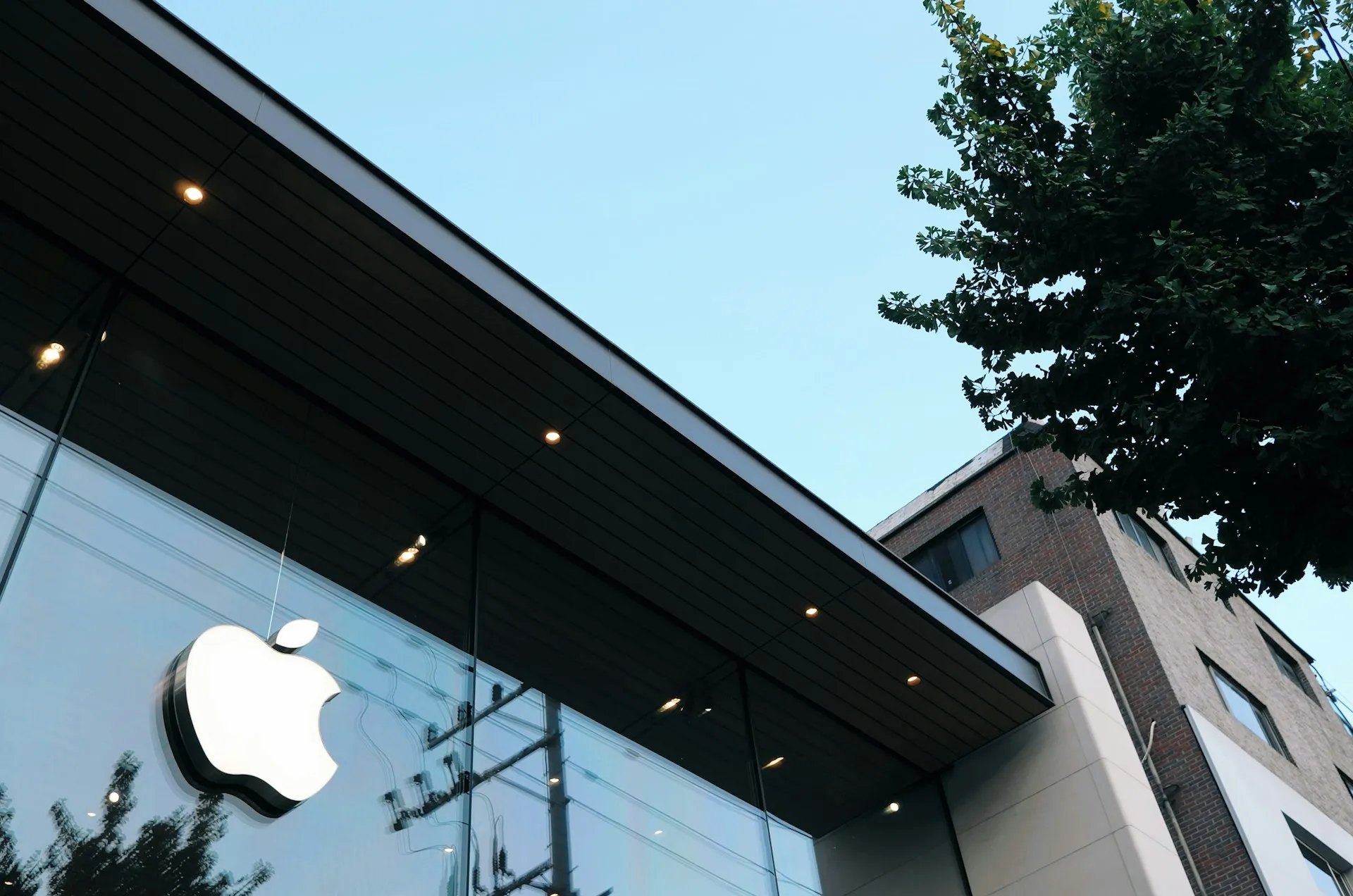
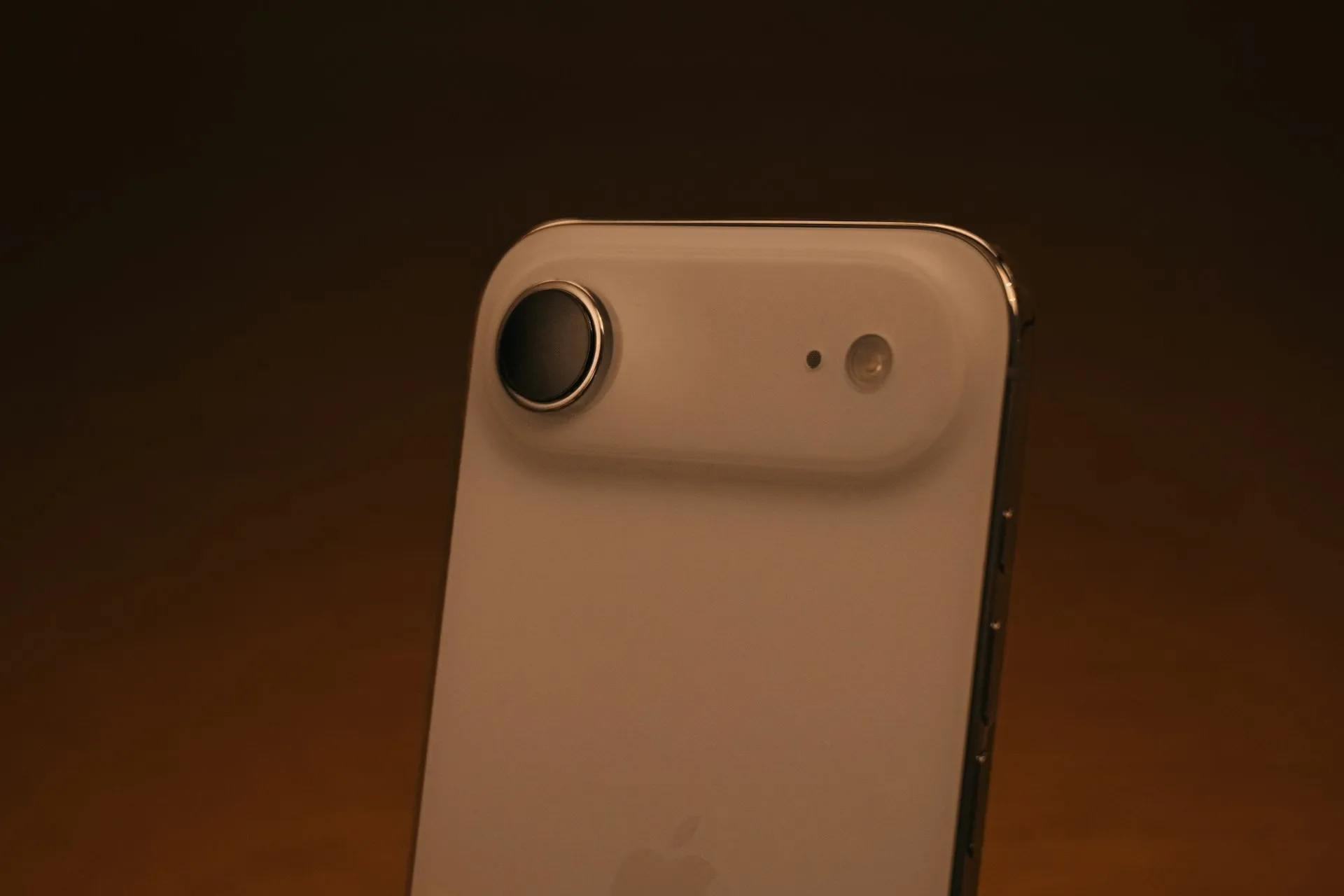
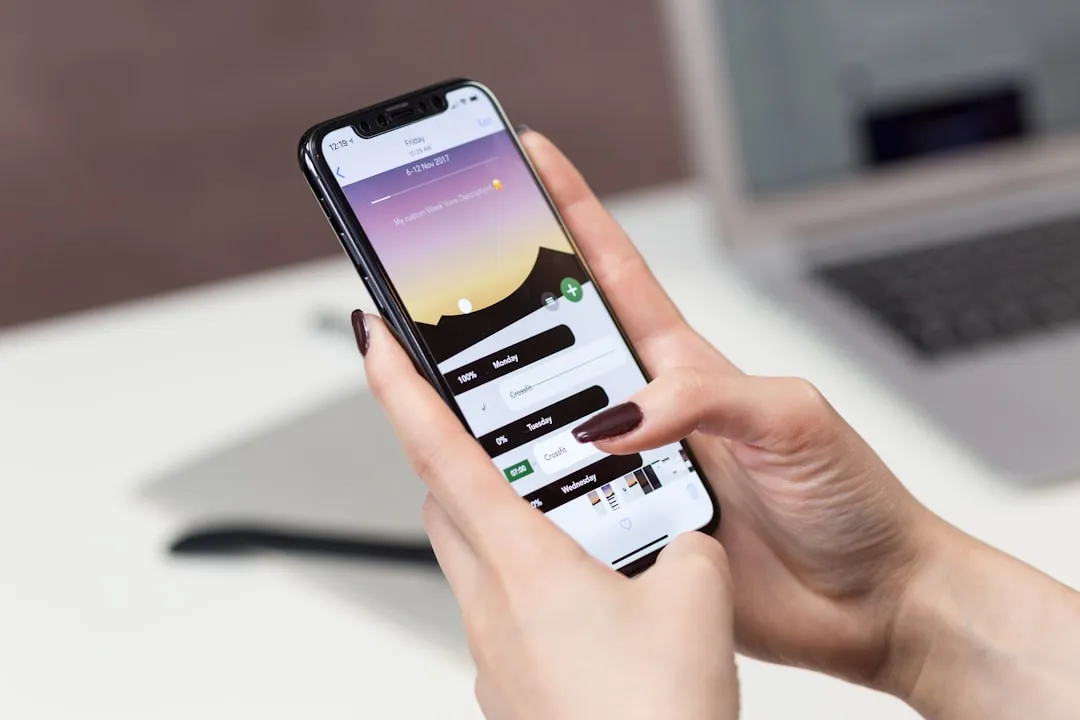

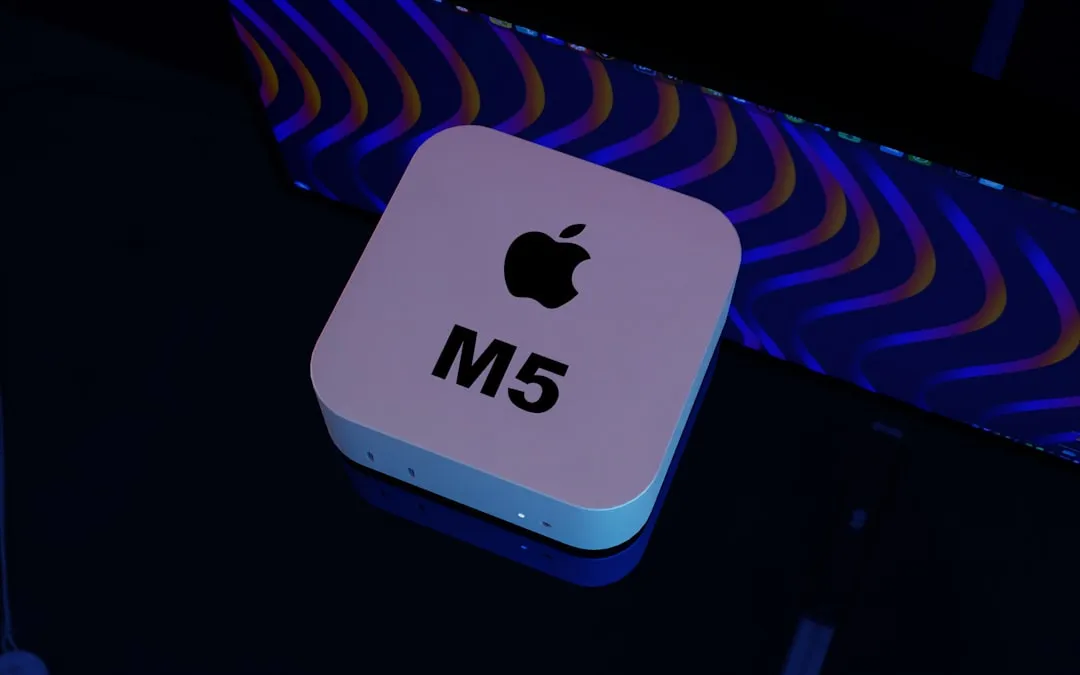
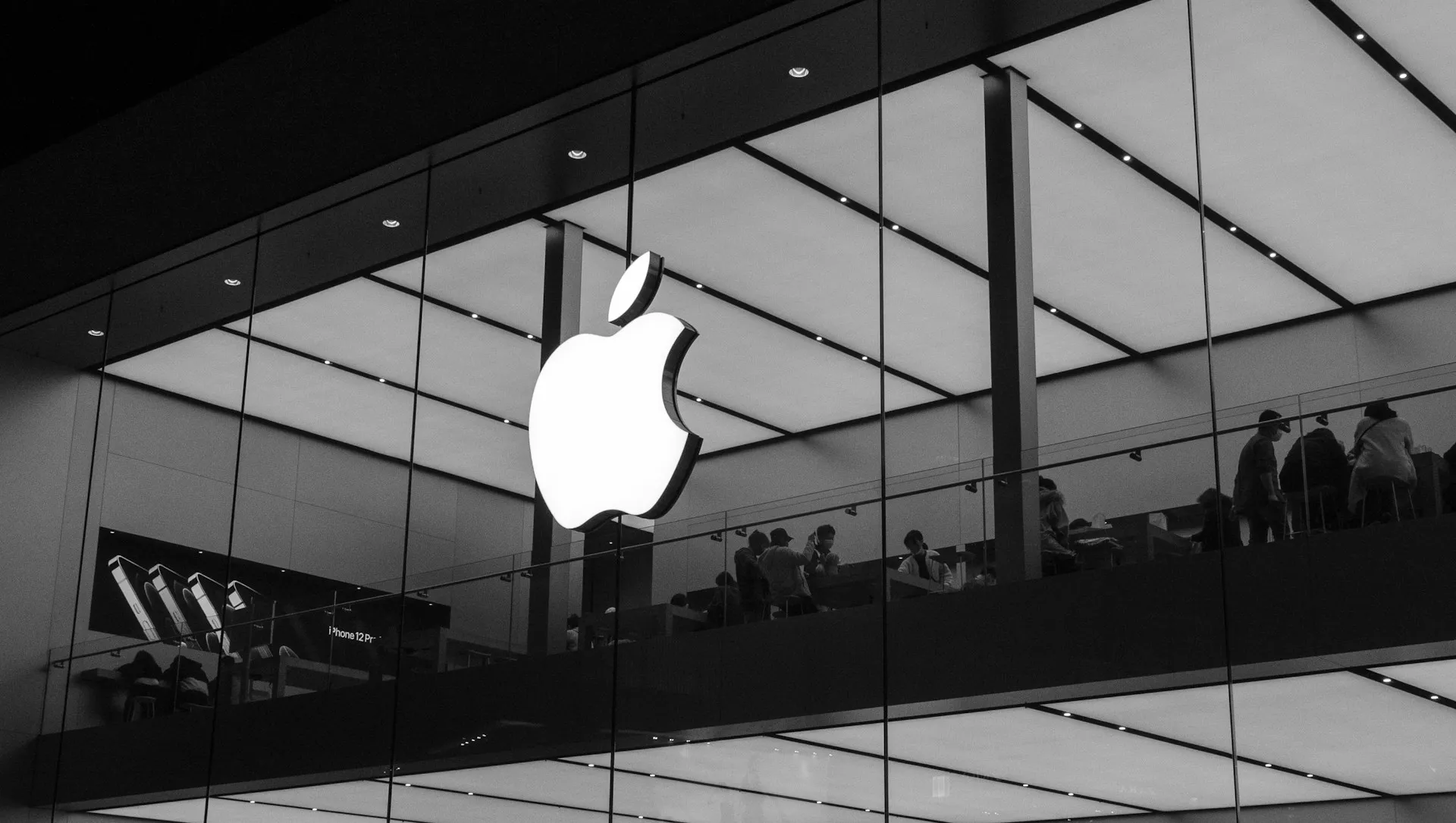

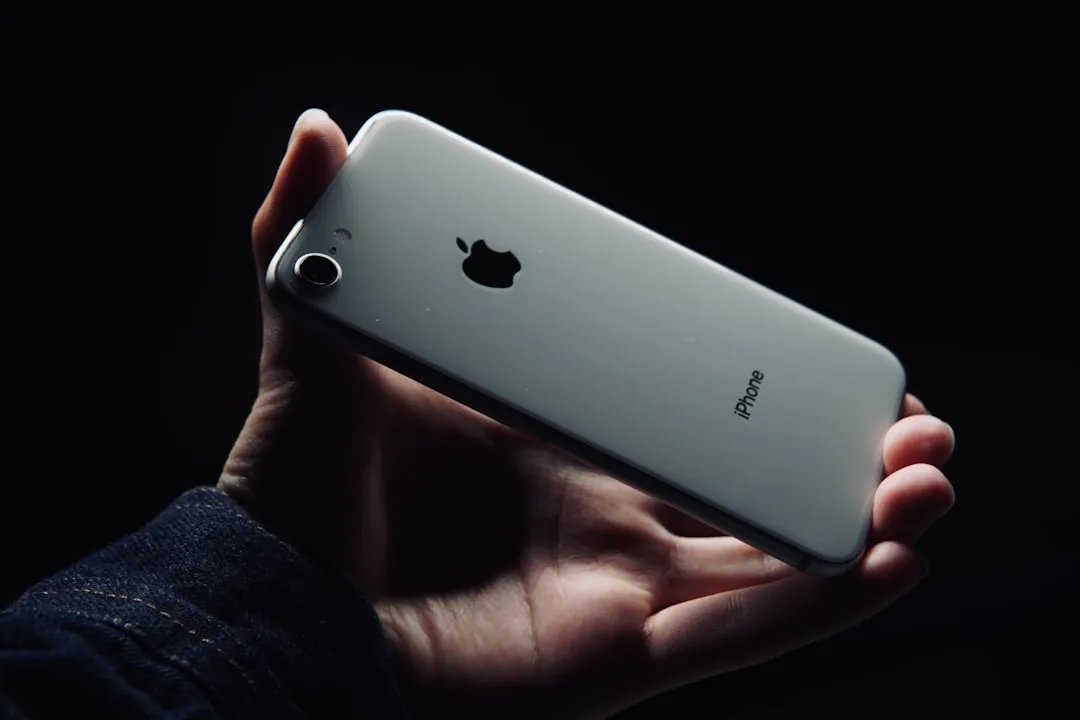

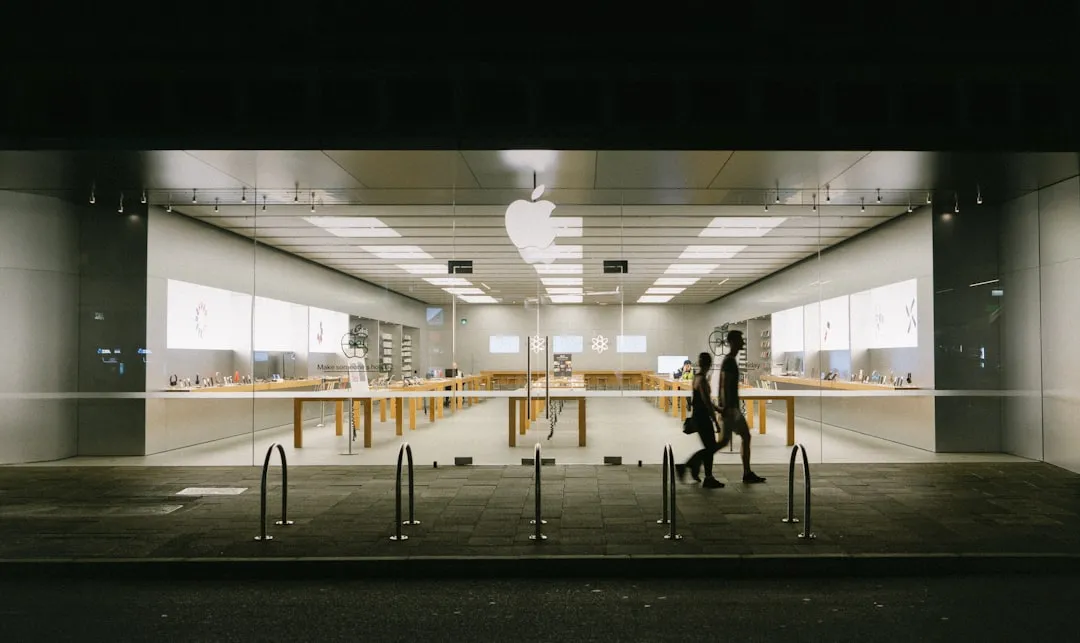

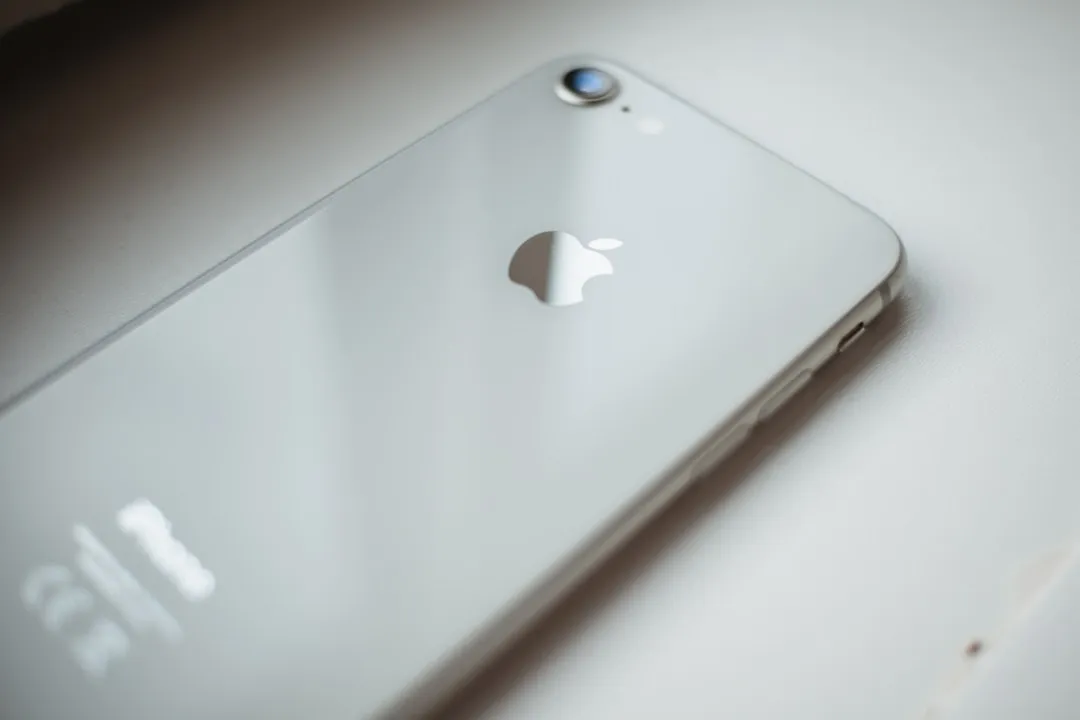
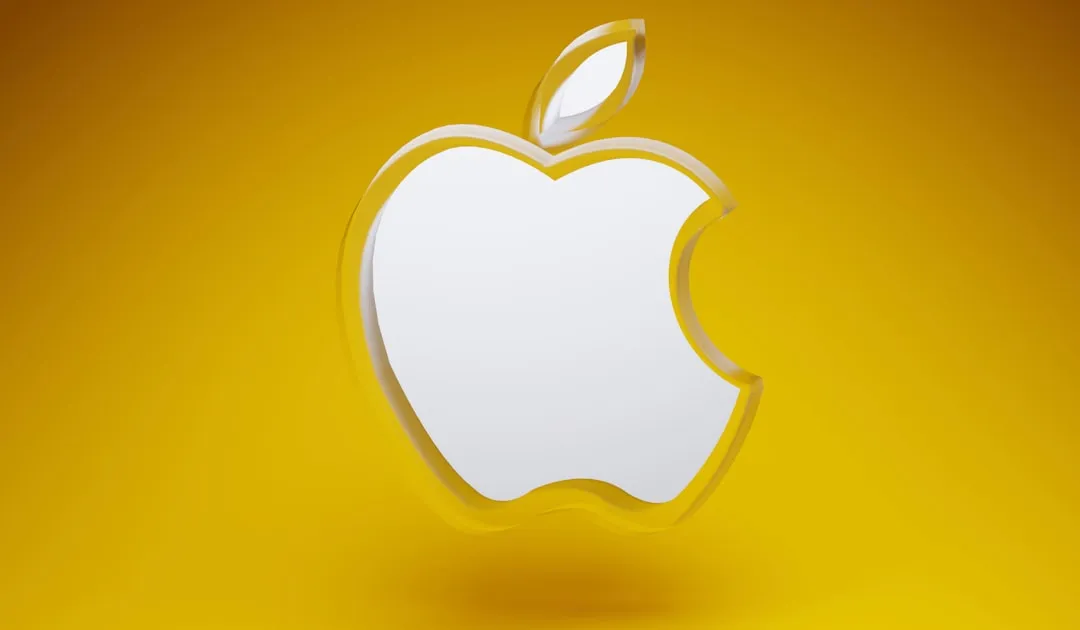
Comments
Be the first, drop a comment!